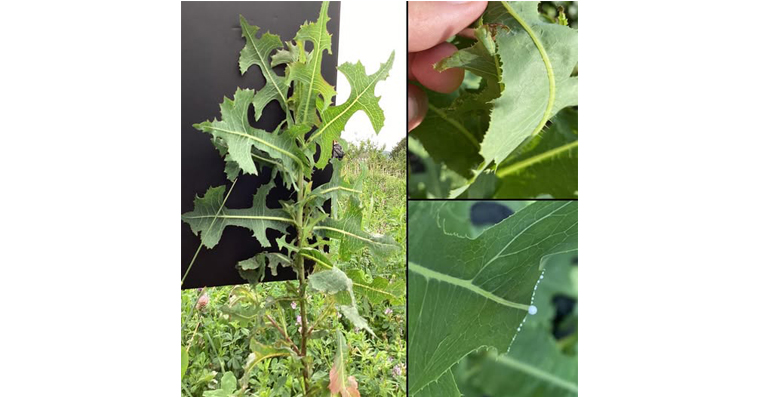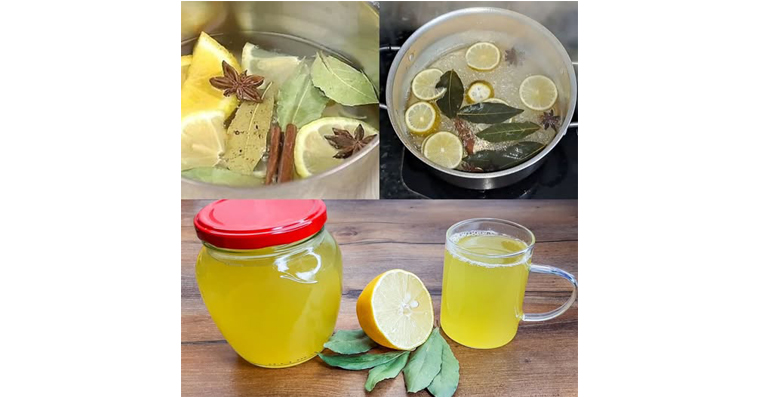Cyperus Rotundus: A Hidden Gem in Herbal Medicine
Cyperus rotundus, commonly known as nutgrass or purple nutsedge, is more than a persistent weed in gardens and agricultural fields. Belonging to the sedge family (Cyperaceae), this perennial plant thrives in tropical and subtropical climates. For centuries, it has been revered in traditional medicine for its therapeutic properties. Let’s explore the health benefits of Cyperus rotundus and how it can be part of your wellness routine.
What is Cyperus Rotundus?
Cyperus rotundus is characterized by its slender, grass-like leaves and underground tubers. Though it’s often labeled as an invasive plant, its medicinal potential makes it a valuable resource in herbal remedies across Asia, Africa, and the Middle East. Known as “Nagarmotha” in Ayurvedic medicine, Cyperus rotundus has been traditionally used for its anti-inflammatory, analgesic, and digestive properties.
Health Benefits of Cyperus Rotundus
1. Anti-Inflammatory Properties
Cyperus rotundus contains bioactive compounds like flavonoids and terpenoids that exhibit strong anti-inflammatory effects. These properties make it beneficial for reducing swelling, easing joint pain, and soothing inflammatory skin conditions.
2. Digestive Health Support
The plant has long been used as a remedy for digestive disorders. It helps alleviate indigestion, bloating, diarrhea, and nausea. Its carminative effects promote a balanced gastrointestinal system, aiding in gut health.
3. Pain Relief
Traditional medicine practitioners often use Cyperus rotundus for its analgesic properties. It is effective in alleviating headaches, menstrual cramps, and muscular pain, providing a natural alternative to over-the-counter pain relievers.
4. Hormonal Balance
In Ayurveda, Cyperus rotundus is considered a powerful agent for regulating hormones, particularly in women. It is often used to manage menstrual irregularities and alleviate symptoms of menopause.
5. Antimicrobial Activity
The plant is known to have antimicrobial and antifungal properties, making it useful in treating infections. It helps cleanse wounds and prevents the growth of harmful bacteria and fungi.
6. Stress and Relaxation
Cyperus rotundus has calming effects on the nervous system. Herbal teas made from its tubers are traditionally used to alleviate stress and promote mental clarity, making it a natural remedy for relaxation.
How to Incorporate Cyperus Rotundus into Your Wellness Routine
1. Herbal Tea
Cyperus rotundus tea is one of the simplest ways to enjoy its benefits. Steep dried tubers in hot water for 10–15 minutes, strain, and drink. Add honey or ginger for enhanced flavor and added health benefits.
2. Topical Applications
Crush fresh tubers to make a paste and apply it to the skin for rashes, wounds, or insect bites. Its antimicrobial and anti-inflammatory properties can aid in faster healing and soothe irritated skin.
3. Essential Oils
Cyperus rotundus essential oil is widely used in aromatherapy for relaxation and stress relief. It can also be applied to the skin when diluted with a carrier oil to address localized pain or inflammation.
4. Powders and Capsules
For convenience, Cyperus rotundus is available in powdered or capsule form. These supplements can be taken daily to support digestive health, hormonal balance, or overall wellness.
Precautions and Considerations
While Cyperus rotundus is generally safe for most people, it’s important to consult with a healthcare professional before using it, particularly if you are pregnant, nursing, or on medication. Always source products from reputable suppliers to ensure quality and safety.
Conclusion
Cyperus rotundus, often overlooked as a weed, is a powerhouse of medicinal benefits. From its anti-inflammatory and digestive support to its role in pain relief and stress management, this versatile plant is a gift from nature. By incorporating it into your routine through teas, topical applications, or supplements, you can unlock its potential for a healthier and more balanced lifestyle.
Discover the wonders of Cyperus rotundus and let nature guide your wellness journey!

